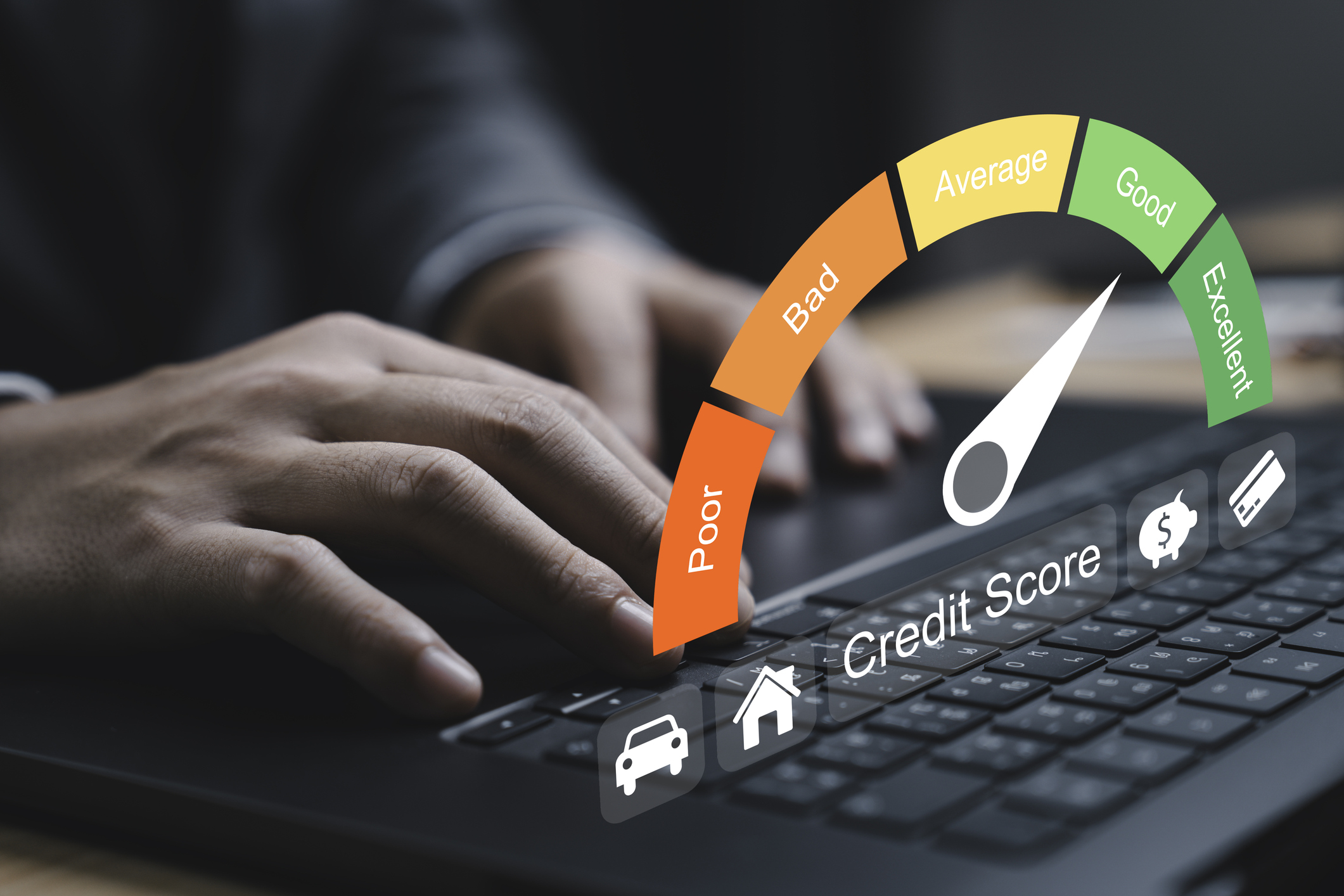Debt consolidation can affect your credit in both positive and negative ways. The consolidation process itself may initially lower your credit score a few points due to a hard inquiry and the opening of a new credit account. However, it can also help improve your credit rating by reducing high credit card balances, simplifying payments, and lowering your credit utilization ratio. The immediate impacts will largely depend on your current credit situation.
Most importantly, the long-term impact is largely up to you. How you use credit after you consolidate your debt will determine whether your credit score improves or declines in the long run. Factors will include whether you reaccumulate balances, make on-time payments, and how you manage your overall debt portfolio.
Key Takeaways |
|
What Is Debt Consolidation?
Debt consolidation is the process of combining multiple debts into a single new loan or line of credit. High-interest credit card balances are typically the primary targets of consolidation. The tool is most successful when used by people with several revolving credit accounts, such as credit cards, who want to simplify repayment and get a better handle on their finances.
Common forms of debt consolidation include:
- Dedicated debt consolidation loans. The best debt consolidation providers make this a specialty.
- Personal loans
- Balance transfer credit cards with a low introductory rate
- Home equity loans or a home equity line of credit (HELOC)
The goal of debt consolidation is usually to reduce interest charges, simplify repayment, or lower your monthly payment amount. Essentially, consolidation can save you money in the long run and make debt repayments more manageable.
There are many reasons people choose to consolidate, and yours may not be the same as someone else’s. However, most situations revolve around goals that include better money and debt management.
Related Article: What Is Online Loan Prequalification?
How Debt Consolidation Affects Your Credit Score
Consolidating debt has both immediate and lasting effects on your credit. Some changes happen right away when you open a new account, while others depend on how you manage that account over time. Understanding both sides will help you predict how consolidation will affect your credit scores.
It’s also important to note that the impact isn’t the same for everyone. Borrowers with thin, relatively new, or marginal credit may feel more pronounced effects.
For example, even a single hard inquiry or drop in the average age of accounts can cause a temporary and unappealing score drop for someone with less-than-stellar credit. On the other hand, someone with a long, varied history on their credit report is more likely to see only minor changes.
However, the good news is that those with thin or marginal credit to begin with can potentially see more significant and more meaningful credit score increases in the long term.
Short-Term Negative Effects
- Hard inquiry: Applying for a debt consolidation loan triggers a hard credit check, which can lower your score by about five points or less in most cases. For borrowers with thin credit profiles or several recent inquiries, the drop may be greater. A hard inquiry stays on your credit report for two years. However, its negative effects fade over time. You’re likely to see a small positive score bump when it finally comes off your report.
- Average age of accounts: Opening a new account reduces the average age of your credit history, which may slightly lower your score.
- New account risk: Some scoring models are cautious with new installment loans until you build a new record of on-time payments.
Short- and Long-Term Positive Effects
- Lower credit utilization ratio: By getting approved for an additional credit balance and paying down balances on existing credit limits, debt consolidation can significantly reduce your credit utilization ratio, which is one of the most critical factors in credit scoring. However, you have to leave credit accounts open and use them sparingly or not at all to take advantage of this potential positive. To put it in simple terms: You’ll still owe the debt, but your available credit increases while your revolving balances drop, which is generally a positive indicator on your credit report.
- Improved payment structure: A single fixed monthly payment is easier to manage than juggling multiple due dates.
- Stronger mix of credit account types: Adding an installment loan to a profile that’s mostly revolving credit can improve your overall score.
Related Article: Are Balance Transfer Cards for Fair Credit Worth It?
Avoid the Most Common Pitfall
Debt consolidation can feel like a financial reset, and, in some ways, it is. However, the act of debt consolidation is just the start of a larger process.
Once your credit cards are paid off, it might look like your financial problem is fixed. There’s plenty of room below your credit limits, your balances are low, and your new loan has a predictable monthly payment.
However, that new emotion can give a false sense of security. Without changes in spending habits, it’s easy to start charging again, which can create a bigger problem than you started with, where you owe money on both your original cards and your new consolidation loan.
Related Article: Debt Consolidation vs. Bankruptcy: Which Should I Choose?
What the Research Says About Debt Consolidation and Credit
So far, that’s a lot of information to take in. Here are a couple of highlights from a recent TransUnion study on debt consolidation to illustrate the bigger picture:
- “Across all risk tiers, credit card consolidators and UPL (unsecured personal loan) refinancers had lower incidences of serious delinquencies over time when compared to non-debt consolidators.“
- “On average, credit card consolidators’ credit scores increased by 18 points upon UPL origination, and continued to have a net improvement 18 months after consolidating for prime and above consumers.“
However:
- (While) “Credit card consolidators showed a 57% decrease in card balance total after consolidating”… “18 months later, on average, credit card consolidators’ balances returned to close to previous levels.“
Essentially, these highlights showcase the fact that how debt consolidation affects your credit score is primarily up to you.
Related Article: What is a Tier 1 Credit Score?
How to Use Debt Consolidation Without Hurting Your Credit
Understanding that the potentially positive effects debt consolidation can have on your credit score aren’t necessarily automatic, here are a few things you can do to help ensure the best results:
- Pay off all existing balances with the funds from the consolidation loan.
- Leave old credit cards open, if possible, but don’t use them or use them only sparingly and pay off the balance each month.
- Avoid taking on new debt.
- Make every loan payment in full and on time.
- Track your progress by regularly checking your credit score and report.
Related Article: Does Debt Consolidation Affect Buying a Home?
Typical Credit Score Effects of Consolidation
| Factor | Effect | Impact on Credit Score |
| Hard Inquiry | Immediate drop. Stays on your report for 2 years | Negative |
| New Account Age | May lower the average age of accounts | Negative |
| Credit Utilization | Often improves significantly after card payoff | Positive |
| Payment History | Positive impact if you make on-time payments | Positive |
| Credit Mix | May improve score by adding an installment loan | Positive |
The Bottom Line
An excellent debt consolidation provider and strategy can help you improve your credit score and financial situation by reducing high credit utilization, simplifying your payments, potentially lowering your payment amount, reducing long-term costs, acting as a sort of reset, and potentially providing peace of mind.
However, it’s not a magic fix. Discipline, a clear repayment strategy, and commitment are necessary to experience the best results.



